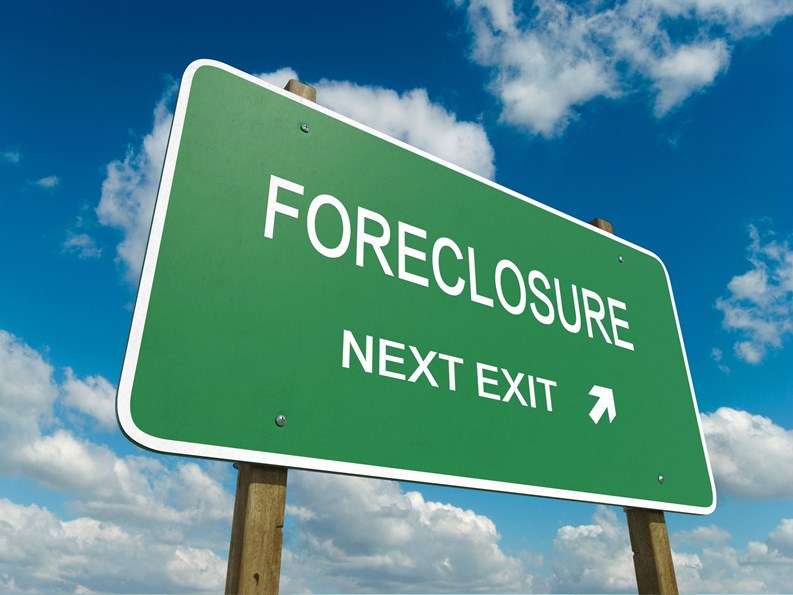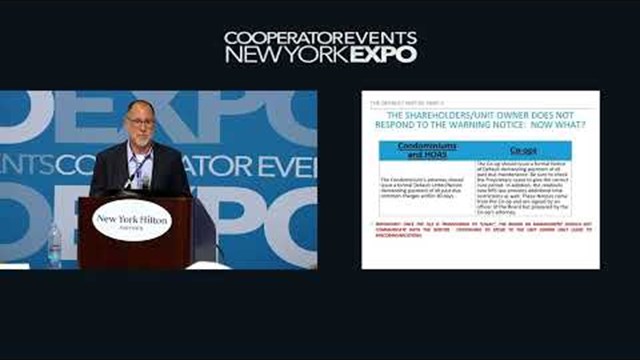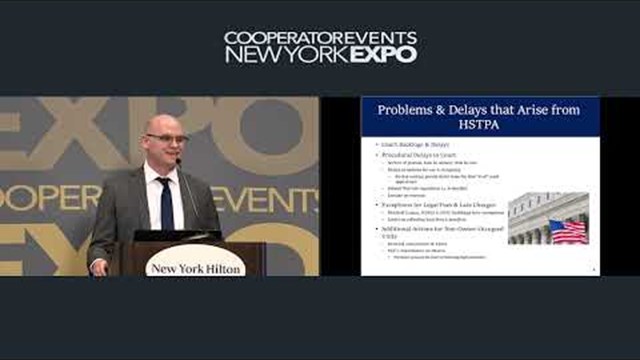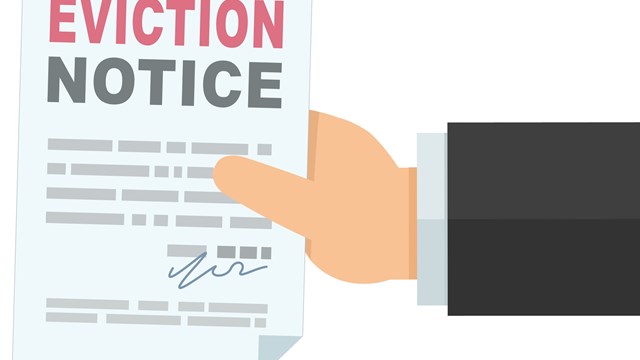Q. One of our condo units that the owner was renting out to a tenant is now in foreclosure. But before the unit went into foreclosure, the owner (who has been missing in action) was behind on the common charges and the condo board was taking the tenant’s rent to pay for those common charges. Now the tenant refuses to pay, claiming he doesn’t have to because of the foreclosure, and he still remains in the unit. Can the condo sue the tenant for the common charges?
—Concerned Unit Owner
A. According to Slava Hazin, a partner at the New York City law firm Warshaw Burstein LLP, “The tenant’s obligation to pay rent to the landlord and, in turn, the condo, has nothing to do with the foreclosure action. The condo could sue the tenant to collect the rent if there is a provision in the tenant’s lease that the condo has the right to collect the rent in the event of the owner’s failure to pay common charges. Condos usually require a lease rider with such a provision to protect the condo. Keep in mind that the condo has a claim for all unpaid common charges, attorneys’ fees, and costs in the foreclosure action. The sale proceeds are distributed first to pay the mortgage (if any) and then to the condo.”










Leave a Comment